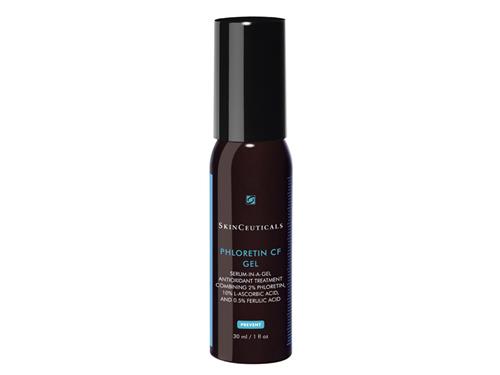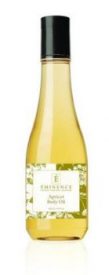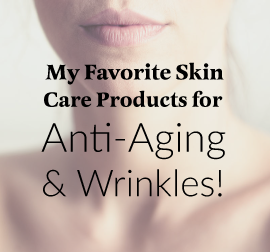Hello Doctor, I am Nigerian, My face is type 5 skin tone but my body is type 4. I had patchy skin in 2009, I think from product I used. I remember I started to use a hydroquinone cream ending of 2009 but due to my ignorance, I did not use any sunscreen. My skin started getting darker but I kept using the cream until Oct 2010. By then, my face and neck had gotten almost black. I resumed use of Another hydroquinone product from 2011 to early 2013 when I realised my face was even blacker. I did some research and realised I should have been using sunscreen. Now I have a black cast on my face (cheeks, on my upper lip, around my eyes, chin) down to my neck. My face and neck are obviously much darker than the rest of my body. And to make it worse, I have blackheads and whiteheads all over my face except on my forehead. I started using meladerm last year. It lightens some spots but I don't see much/significant improvement in the overall black cast. I use sunscreen religiously now (spf30) and I am thinking of having a salicylic peel and a lactic peel. Is this advisable? Also, my dermatologist says the darkening that happened when I used the hydroquinone creams was due to me not using sunscreen and not because I'm allergic. I should use the product at night nd use sunscreen during the day. I don't know. How do I know if I'm actually allergic to hydroquinone?
Dear Readers –
I think it’s really important that all of you know that in many parts of the world, the use of hydroquinones (most common skin bleaching active ingredient) is NOT regulated. This means that uninformed or unethical people, sometimes even doctors, can put very high concentrations of this into skin creams and not disclose that. The highest allowed in the U.S. without a prescription is 2% and with a prescription 4%. The EU bans it and some other countries regulate it closely. In our office, we limit it’s use to specific problems and for limited times.
Using hydroquinone creams in high concentrations or over long periods of time (years) can cause a possibly permanent worsening of pigment that is from the drug itself. This condition is called exogenous ochronosis. Please do a web search and educate yourselves also.
I’m concerned regarding the question above that perhaps this issue could be the true culprit. Please discuss with your doctor or get a second opinion. One way to determine whether the hydroquinone itself is a problem, is to go off of it for at least 3 months and see if you get better. There is no blood or skin test for this allergy.
Hope this helps, Dr. I













